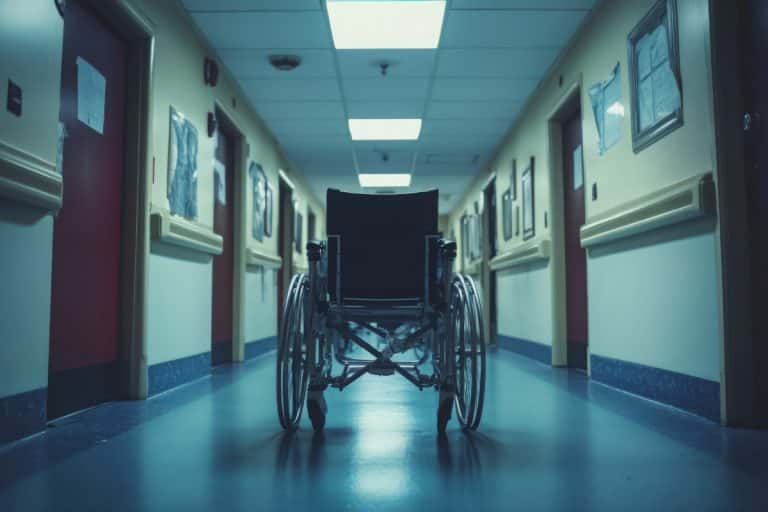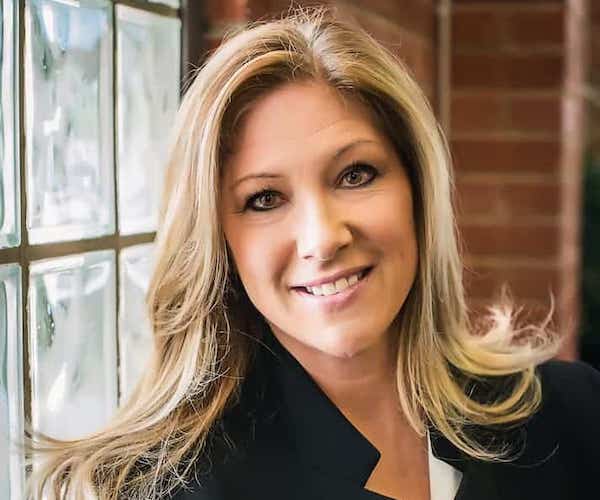Many of us have relatives and loved ones in nursing homes, and we trust they are being well cared for. Most of the time, nursing homes provide necessary resources, support and medical attention for our family members. But unfortunately, when patients are ignored or abused, the results can be devastating.
According to the National Center on Elder Abuse, about one in ten Americans over 60 years of age experience some form of elder abuse, but only one in fourteen of these cases are reported. What is elder abuse? Elder abuse isn’t just physical abuse or neglect; there is more to it. It’s important to know what the different types of elder abuse are and the signs associated with them.
Types of Elder Abuse
Physical Abuse
Physical abuse consists of physical force or violence on another that results in bodily injury, pain, or impairment. Perpetrators of this type of abuse are often family members or significant others, typically with substance abuse issues. However, that does not mean that physical abuse cannot occur at a nursing home as well.
Signs of physical abuse include visible injuries or bruises. Some injuries may not be visible to the eye but would be visible to medical specialists.
Physical signs of abuse include:
- Sprains, dislocations, fractures, or broken bones
- Cigarette burns, or other burns
- Abrasions on arms, legs, or torso that look like rope or strap marks
- Internal injuries
- Bruises (many bruises are not the result of accidents such as bilateral bruising or bruising around the thighs or genitalia)
Emotional or Psychological Abuse
Emotional or psychological abuse is when a caregiver causes emotional pain or stress to an individual. This may include insulting, threatening, humiliating, terrorizing, or harassing the elderly person. It may also include the caregiver ignoring the person or isolating the individual from family and friends.
Signs and symptoms of psychological abuse of the elderly can include:
- Low self-esteem
- Avoiding eye contact or not talking openly
- Anxious, shy, depressed, or withdrawn
- Desire to hurt oneself or someone else
- Sudden changes in eating or sleeping patterns or moods
- Kept inside the house or not allowed to leave or have others visit
- Prevented from deciding or acting for oneself
Remember, this type of abuse can be both verbal and nonverbal.
Financial Exploitation
When you think of the elder abuse definition, you probably don’t think of financial exploitation, it’s one of the easiest to forget and probably the easiest type of abuse to subject an elderly person to.
Financial elder abuse by family members or close friends is common. Neighbors or professional business persons may also take advantage by using their positions of trust.
Elder financial abuse has a wide range of possibilities, including the following:
- Stealing money or property
- Forging the elder person’s signature
- Getting an older person to sign over a deed, will or power attorney through deception, coercion or undue influence
- Promising something in exchange for money or property
- Scams or fraudulent or deceptive acts (this includes telemarketing scams)
Neglect
More commonly, when we think neglect, we think of a caregiver’s neglect, whether that’s a parent neglecting a child, or a nursing home aid neglecting a resident. Caregiver neglect can include failing to meet the physical emotional, and social needs of the older individual. This may be failing to give medicine on time, not helping with personal hygiene, not providing proper food and water, or general inattentiveness. A very extreme form of neglect can show in the form of bedsores. If an elderly person remains in bed all the time and is not moved around, the person can be very susceptible to these injuries.
Self-Neglect
However, neglect for the elderly can also include self-neglect. This may be due to the inability to fully care for one’s self due to physical limitations, depression or other mental illnesses.
Self-neglect can include behaviors such as:
- Hoarding of objects and stuff to the extent that the safety of the individual is threatened or compromised.
- Failure to provide adequate food and nutrition for oneself.
- Failure to take essential medications or refusal to seek medical treatment for serious illness.
- Leaving a burning stove unattended.
- Poor hygiene.
- Not wearing suitable clothing for the weather.
- Lack of housekeeping.
- Dehydration
Another sign of self-neglect is alcohol or drug abuse. According to the Substance Abuse and Mental Health Services Administration (SAMHSA), substance abuse, particularly alcohol and prescription drugs, is one the fastest growing health problems among adults 60 and older. Signs of substance abuse by an individual include:
- Obtains prescriptions for the same medication from more than one doctor and/or fills prescriptions for the same medications at different pharmacies;
- Demonstrates a preoccupation with taking medication, hides or stockpiles mediation, and/or has a fear of not having access to the medication;
- Defends pill-related practices; and
- Behavioral changes.
If you or a loved one is suffering from substance abuse please check out SAMHSA’s behavioral health treatment services locator to find a treatment provider near you.
Abuse and neglect can come in many guises. Please be aware of the different forms. You may wonder when to call adult protective services. If you become aware of elder abuse, report it to your local Adult Protection Services agency or elder abuse hotline.
Protecting the Elderly from Negligence and Abuse
Colorado Senate Bill 13-111 requires doctors, nurses, social workers, clergy members, law enforcement officers, nursing home staff, home healthcare workers and others to report any neglect or abuse of anyone over the age of 70 within 24 hours of observing the abuse. Those who willfully fail to report abuse could face a fine up to $750 and up to six months in jail. It’s important that you know the elder abuse laws for your state.
Residents of nursing homes are protected under federal and state laws, which require nursing homes to provide high-quality care. When abuse occurs, or when a federal/state law is violated, a resident can file a complaint with several state and federal agencies.
Elder abuse is a serious issue that can have dire consequences for the victim and their families.
Elder Abuse Prevention
It’s important that you do your research before enrolling yourself or a loved one in a nursing home or with a caregiver. Read reviews. Are they trustworthy? Listen to your loved one and intervene if you suspect any form of elder abuse. Let your loved one know that you are there for them, and want to know if they are being mistreated in any way, shape or form. Elders deserve to be cared for.
Please share this information with others so they can recognize and report elder abuse.
If you or a loved one has been a victim of elder abuse, or if you suspect abuse or neglect, contact the experienced attorneys at McDivitt Law Firm toll-free at (877) 846-4878. Our lawyers have the knowledge, experience, and resources necessary to help you in your time of need. Get a free case consultation now.


